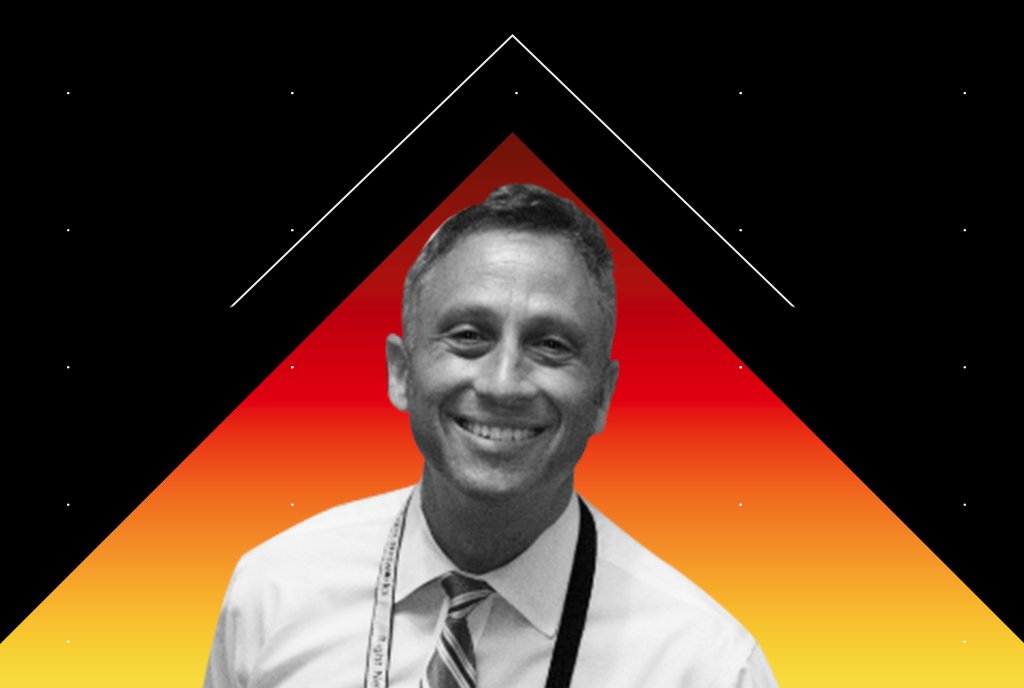October 11, 2016; New York Times
Turkmen v. Ashcroft is a civil rights lawsuit filed in 2002 by eight men on behalf of a potential class of 80 mostly Muslim noncitizens who were swept up by the INS and FBI based solely on their race, religion, ethnicity, and immigration status after the Sept. 11, 2001, attacks. They were detained on civil immigration charges for as long as eight months. While not being charged with terrorism, the plaintiffs allege they were held in brutal conditions at the Metropolitan Detention Center in Brooklyn. Once the FBI and CIA cleared them of any connection to terrorism, they were deported.
The plaintiffs are suing former U.S. Attorney General Ashcroft, former FBI director Robert Mueller, and former Immigration and Naturalization Service commissioner James W. Ziglar for purposely and unconstitutionally directing their detentions.
Ashcroft and the others have unsuccessfully appealed the plaintiffs’ right to sue and hold them personally liable. On October 11th, the U.S. Supreme Court agreed to the Obama administration’s request that the high court review a June 2015 decision by the U.S. Court of Appeals for the Second Circuit permitting the 14-year-old lawsuit to go forward against these former Bush administration officials. Justices Sonia Sotomayor and Elena Kagan recused themselves from the case, which means the case will likely be heard by a minimum quorum of six justices.
Judges Rosemary S. Pooler and Richard C. Wesley wrote this in their joint opinion for the divided three-judge panel of the U.S. Court of Appeals for the Second Circuit that let the case proceed last year:
The suffering endured by those who were imprisoned merely because they were caught up in the hysteria of the days immediately following 9/11 is not without a remedy. Holding individuals in solitary confinement 23 hours a day with regular strip searches because their perceived faith or race placed them in the group targeted for recruitment by Al Qaeda violated the detainees’ constitutional rights.
The New York Times shares excerpts of Judge Reena Raggi’s dissent, writing that the majority had erred in permitting the lawsuit to go forward against “the nation’s two highest-ranking law enforcement officials” for “policies propounded to safeguard the nation in the immediate aftermath of the infamous Al Qaeda terrorist attacks.”
It is difficult to imagine a public good more demanding of decisiveness or more tolerant of reasonable, even if mistaken, judgments than the protection of this nation and its people from further terrorist attacks.
Sign up for our free newsletters
Subscribe to NPQ's newsletters to have our top stories delivered directly to your inbox.
By signing up, you agree to our privacy policy and terms of use, and to receive messages from NPQ and our partners.
The Second Circuit divided evenly over the government’s request to rehear the case, so the Obama administration’s petition moved to the Supreme Court, which did agree to review the case. If successful, the Supreme Court is the last chance to put an end to the litigation.
This case balances two equally important interests: holding public officials accountable for their actions, and the need to shield officials from prosecution and personal liability when they faithfully perform their duties. This is hardly the first time America’s commitment to civil liberties has been tested. The Alien and Sedition Acts, Habeas Corpus Suspension Act of 1863 (during the Civil War), the persecution of war critics during World War I, the First and Second Red Scare (the second being McCarthyism), the internment of Japanese Americans during World War II, and COINTELPRO. Each initiative was rightly or wrongly intended to protect the United States against foreign adversaries or internal subversion. War and threats of war have periodically compelled some government leaders to write these dark chapters of American history.
Is Ashcroft, along with the others named in this lawsuit, responsible for the darkest aspects of the current chapter of history in which America finds itself? Hardly. President George W. Bush’s counterterrorism initiatives included the USA PATRIOT Act; NSA’s warrantless domestic surveillance, exposed most spectacularly by Edward Snowden; extraordinary rendition; Guantanamo Bay; the use of torture throughout US history and most especially its use in prosecuting the War on Terror; and the sustained efforts to curtail judicial review of such matters. Long ago, constitutional protections such as the presumption of innocence and the right to a fair trial were put at risk. Everyone today is under surveillance.
Following the September 11 attacks, Attorney General John Ashcroft helped to manage the U.S. government’s domestic war on terrorism. Critics were accused of helping America’s enemies. The choices became either action or inaction and Ashcroft was the one in charge and sanctioned by his president. Should he and others be held personally responsible for doing what they thought was fulfilling their sworn duty?
The Obama administration says no. Rachel Meeropol, Senior Staff Attorney and Associate Director of Legal Training and Education at the Center for Constitutional Rights, and the lead counsel on Turkmen v. Ashcroft, says yes.
No one is above the law. To suggest that the most powerful people in our nation should escape liability when they violate clearly established law defies the most fundamental principle of our legal system. At a time when racial and religious profiling are put forward as serious policy proposals for dealing with everything from immigration to terrorism, it is more important than ever that the high court affirm that government officials, especially those at the highest levels, can be held accountable when they break the law. We look forward to making that argument before the justices.
—James Schaffer















